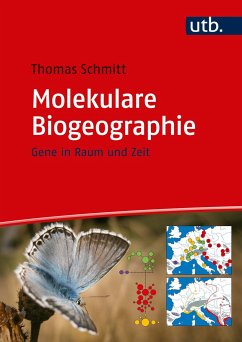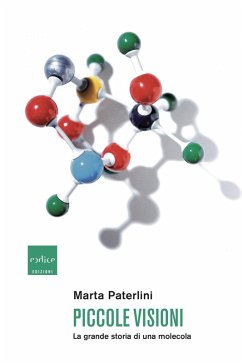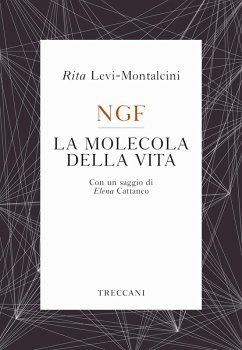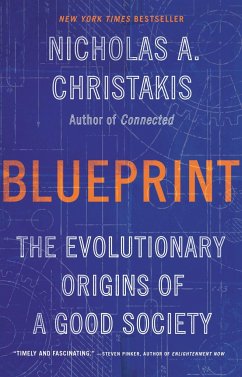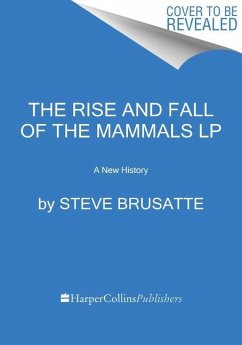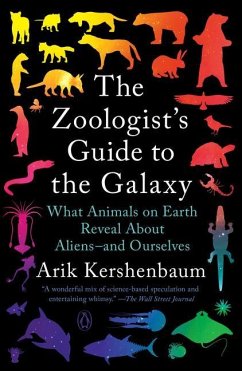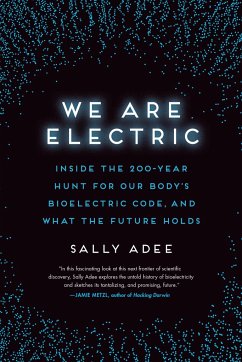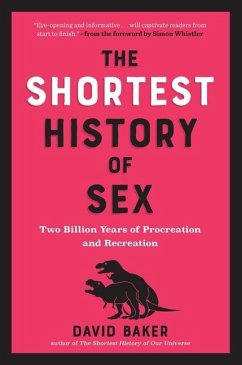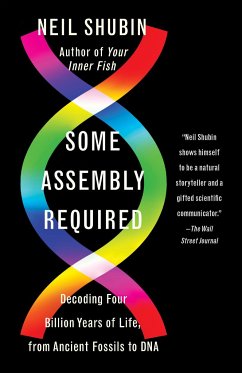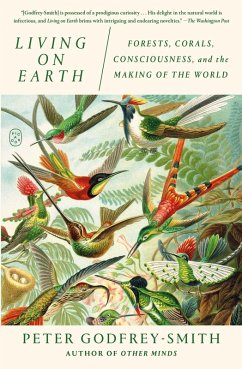
Python for Bioinformatics
Versandkostenfrei!
Versandfertig in 1-2 Wochen
95,99 €
inkl. MwSt.

PAYBACK Punkte
48 °P sammeln!
In today's data driven biology, programming knowledge is essential in turning ideas into testable hypothesis. Based on the author's extensive experience, Python for Bioinformatics, Second Edition helps biologists get to grips with the basics of software development. Requiring no prior knowledge of programming-related concepts, the book focuses on the easy-to-use, yet powerful, Python computer language. This new edition is updated throughout to Python 3 and is designed not just to help scientists master the basics, but to do more in less time and in a reproducible way. New developments added in...
In today's data driven biology, programming knowledge is essential in turning ideas into testable hypothesis. Based on the author's extensive experience, Python for Bioinformatics, Second Edition helps biologists get to grips with the basics of software development. Requiring no prior knowledge of programming-related concepts, the book focuses on the easy-to-use, yet powerful, Python computer language. This new edition is updated throughout to Python 3 and is designed not just to help scientists master the basics, but to do more in less time and in a reproducible way. New developments added in this edition include NoSQL databases, the Anaconda Python distribution, graphical libraries like Bokeh, and the use of Github for collaborative development.





